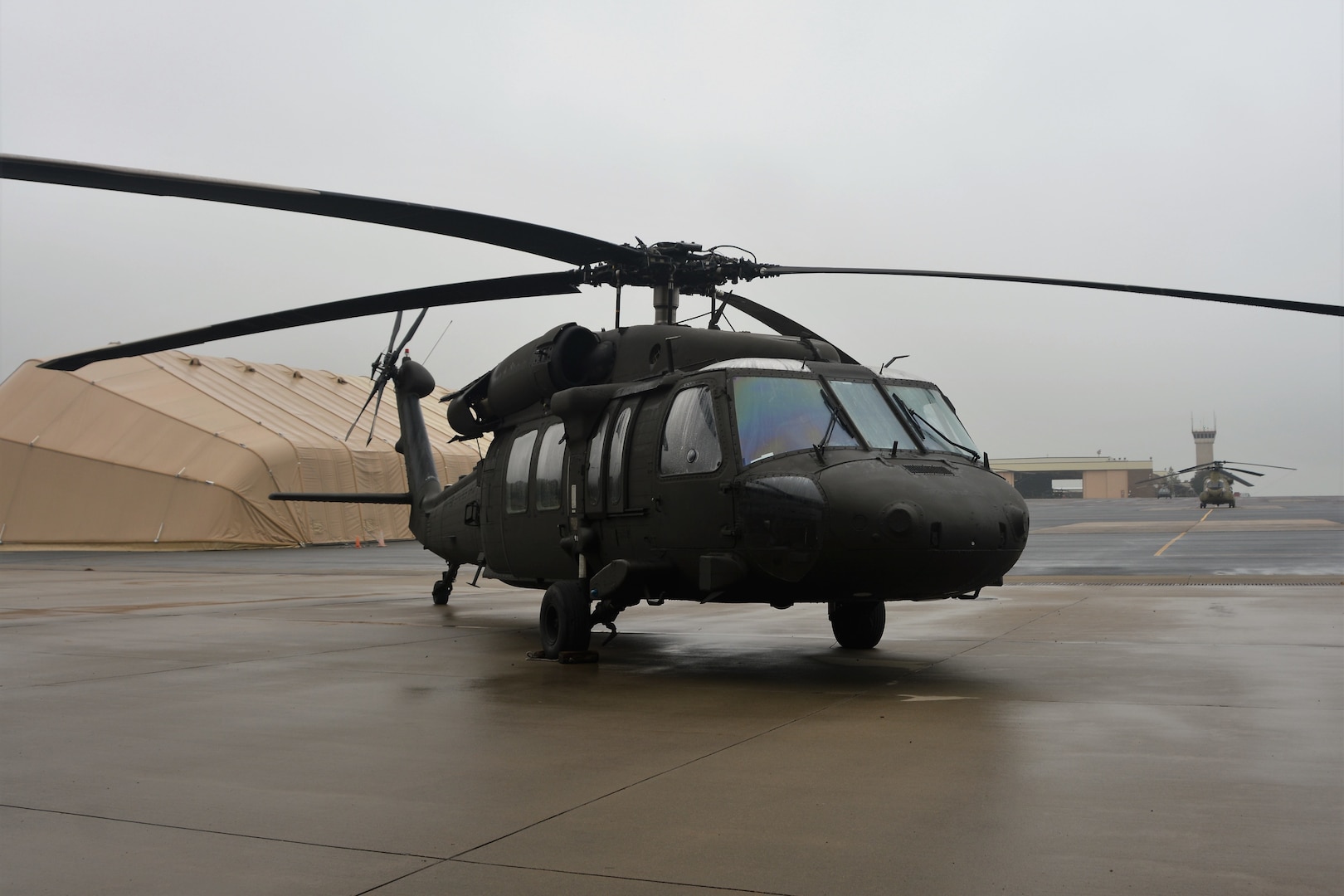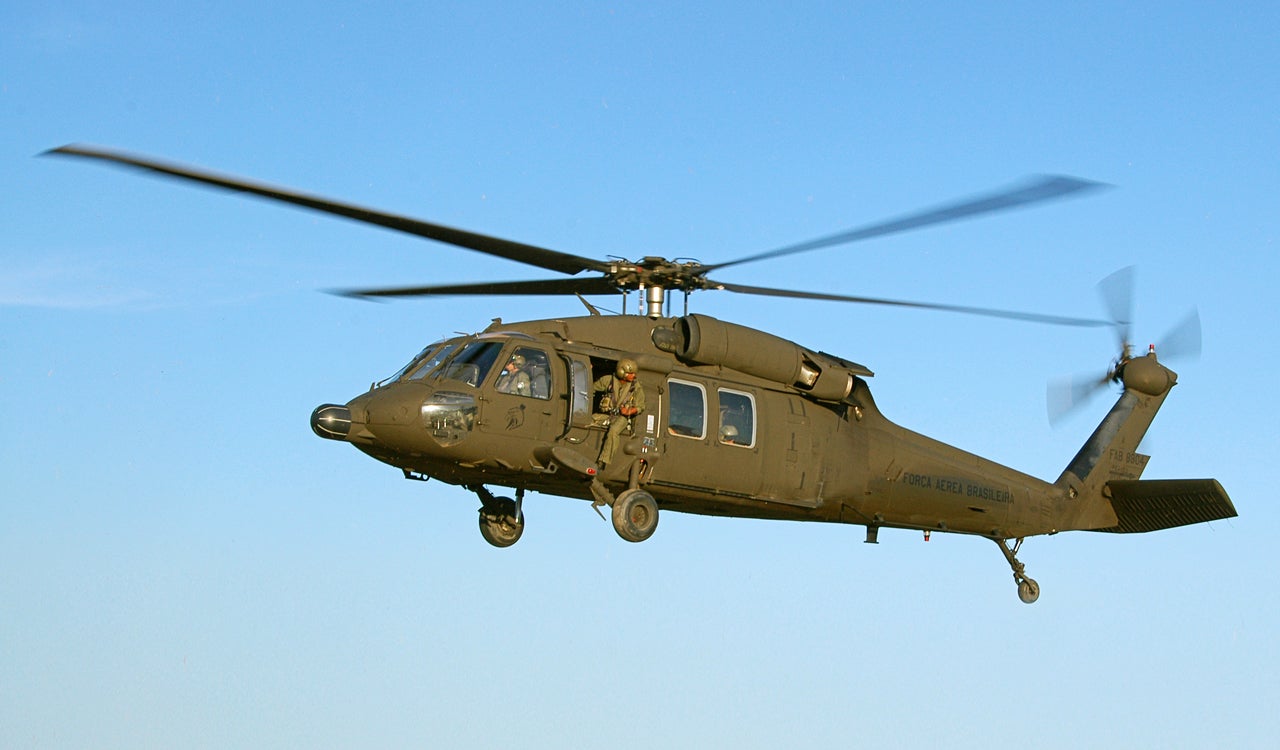UH 60 Helicopter: Advanced Avionics and Combat Systems
UH 60 Helicopter: Advanced Avionics and Combat Systems
Blog Article
The Effect of Sustainable Practices on the Future of Airplane Operations and Emissions Decrease
As the air travel sector deals with increasing scrutiny over its environmental effect, the fostering of lasting methods emerges as an essential path towards future aircraft operations and exhausts decrease. Technologies in lasting air travel gas and innovations in hybrid propulsion innovations stand at the center of this makeover, encouraging significant decreases in greenhouse gas discharges. The effective combination of these efforts pivots on a variety of elements, including governing structures and industry collaboration. The concern remains: just how will these progressing techniques improve the characteristics of flight and add to a much more sustainable future?

Introduction of Lasting Practices
Sustainable techniques in airplane operations incorporate a series of strategies focused on minimizing ecological effect while preserving operational performance. These methods are necessary in the air travel market's commitment to decreasing its carbon impact and sticking to international ecological standards. Trick efforts include enhancing trip paths to decrease fuel intake, boosting maintenance protocols to ensure airplane operate at peak effectiveness, and implementing sophisticated modern technologies such as winglets and lightweight materials that boost aerodynamics.

Engaging and training team on sustainability practices additionally play an essential role, cultivating a culture of environmental responsibility within companies. Generally, the combination of these lasting techniques not just helps lower emissions yet also boosts the long-lasting feasibility of the air travel sector, guaranteeing it meets the demands of both customers and regulative bodies while adding to global sustainability objectives.
Ingenious Fuel Alternatives
Various cutting-edge fuel options are becoming critical options to reduce the air travel market's reliance on typical fossil gas. Among these choices, Lasting Aviation Gas (SAFs) have actually gotten considerable attention as a result of their possible to decrease lifecycle greenhouse gas exhausts by as much as 80% contrasted to standard jet gas. SAFs are obtained from different feedstocks, including waste oils, farming deposits, and also algae, making them a flexible alternative for the industry.
Another encouraging option is hydrogen fuel, which, when utilized in fuel cells, generates only water vapor as a byproduct. Furthermore, electrical propulsion systems are being explored, leveraging battery innovation to power airplane.
Last but not least, biofuels derived from biomass are being checked out, providing a sustainable option that can be blended with traditional fuels. Collectively, these ingenious fuel choices represent a crucial action towards achieving a sustainable aviation ecological community, lining up with global emissions reduction targets and boosting the sector's environmental stewardship.
Technical Advancements in Air Travel

Just how can technological improvements reshape the future of aviation? The combination of innovative technologies is pivotal in transforming airplane procedures, enhancing efficiency, and decreasing discharges. Innovations such as electrical and hybrid propulsion systems are at the visit this site right here center, encouraging considerable decreases in gas intake and greenhouse gas exhausts. These systems take advantage of developments in battery innovation and power monitoring, making it possible for aircraft to run with a lower ecological footprint.
Furthermore, the application of innovative products, such as light-weight composites, adds to enhanced aerodynamics and gas effectiveness. Making use of expert system and artificial intelligence in flight operations optimizes course planning and decreases gas burn by allowing real-time changes based on weather condition and website traffic conditions. In addition, the growth of self-governing and remotely piloted airplane systems stands to change freight and passenger transport, potentially enhancing efficiency while reducing human mistake.
Additionally, lasting aeronautics technologies, consisting of innovative air website traffic management systems, can minimize and enhance procedures blockage, causing reduced emissions during trip. These advancements jointly stand for a standard change in air travel, promising a future where sustainability and functional effectiveness are linked, thereby supporting the market's dedication to lowering its ecological effect.

Regulatory Structure and Conformity
Taking into account the growing focus on environmental stewardship within the aviation field, the regulative structure governing airplane operations is developing to promote sustainable methods. Regulatory bodies, such as the International Civil Air Travel Company (ICAO) and different nationwide air travel authorities, are introducing stringent guidelines aimed at minimizing emissions and improving operational effectiveness.
These laws often consist of the fostering of Lasting Air travel Fuel (SAF), which has been identified as an essential element in attaining lower carbon impacts. Additionally, conformity with these guidelines needs airlines to apply advanced modern technologies and functional techniques, such as maximized flight courses and boosted air website traffic administration, to lessen gas intake.
Furthermore, the enforcement of exhausts trading systems and carbon offsetting efforts is becoming progressively widespread, engaging airlines to check and report their emissions precisely. Non-compliance can result in significant charges, therefore pressing drivers to focus on sustainability in their company designs.
Inevitably, the advancing governing landscape not only drives innovation and investment in environment-friendly innovations yet also promotes a society of accountability within the aeronautics sector. As these frameworks remain to establish, the concentrate on lasting techniques will be essential to attaining the industry's lasting ecological goals.
Future Trends in Airplane Operations
As the aviation industry adapts to a significantly rigorous regulatory setting, future trends in aircraft operations are readied to concentrate on ingenious options that additionally improve sustainability and effectiveness - uh 60. Secret developments will likely consist of the adoption of advanced air web traffic management systems, which use real-time data and synthetic intelligence to enhance flight courses, reducing fuel usage and discharges
Another substantial pattern is the boosted integration of lasting aeronautics gas (SAFs) These options why not try this out to traditional jet fuel, derived from eco-friendly resources, can substantially reduce lifecycle greenhouse gas exhausts. The sector's commitment to SAFs will likely increase as airline companies team up with fuel producers to make certain schedule and cost-effectiveness.
Additionally, important link the push in the direction of electrification and hybrid propulsion systems is getting energy. Emerging aircraft designs will certainly integrate these modern technologies, providing quieter and extra efficient operations, specifically for short-haul flights.
Conclusion
The fostering of lasting air travel fuels, coupled with improvements in electrical and hybrid propulsion systems, is necessary for minimizing lifecycle greenhouse gas emissions. Optimizing flight courses and welcoming cutting-edge technologies contribute to a quieter and extra ecologically pleasant aeronautics market.
Innovations in sustainable aeronautics gas and improvements in hybrid propulsion modern technologies stand at the leading edge of this improvement, appealing significant reductions in greenhouse gas discharges.Countless cutting-edge fuel choices are arising as critical remedies to lower the aviation market's dependence on standard fossil fuels - uh 60. Among these options, Lasting Aviation Fuels (SAFs) have actually gotten considerable interest due to their possible to lower lifecycle greenhouse gas emissions by up to 80% compared to standard jet fuels.One more considerable fad is the increased assimilation of sustainable aviation gas (SAFs) The adoption of sustainable aeronautics fuels, coupled with advancements in electrical and hybrid propulsion systems, is necessary for decreasing lifecycle greenhouse gas exhausts
Report this page